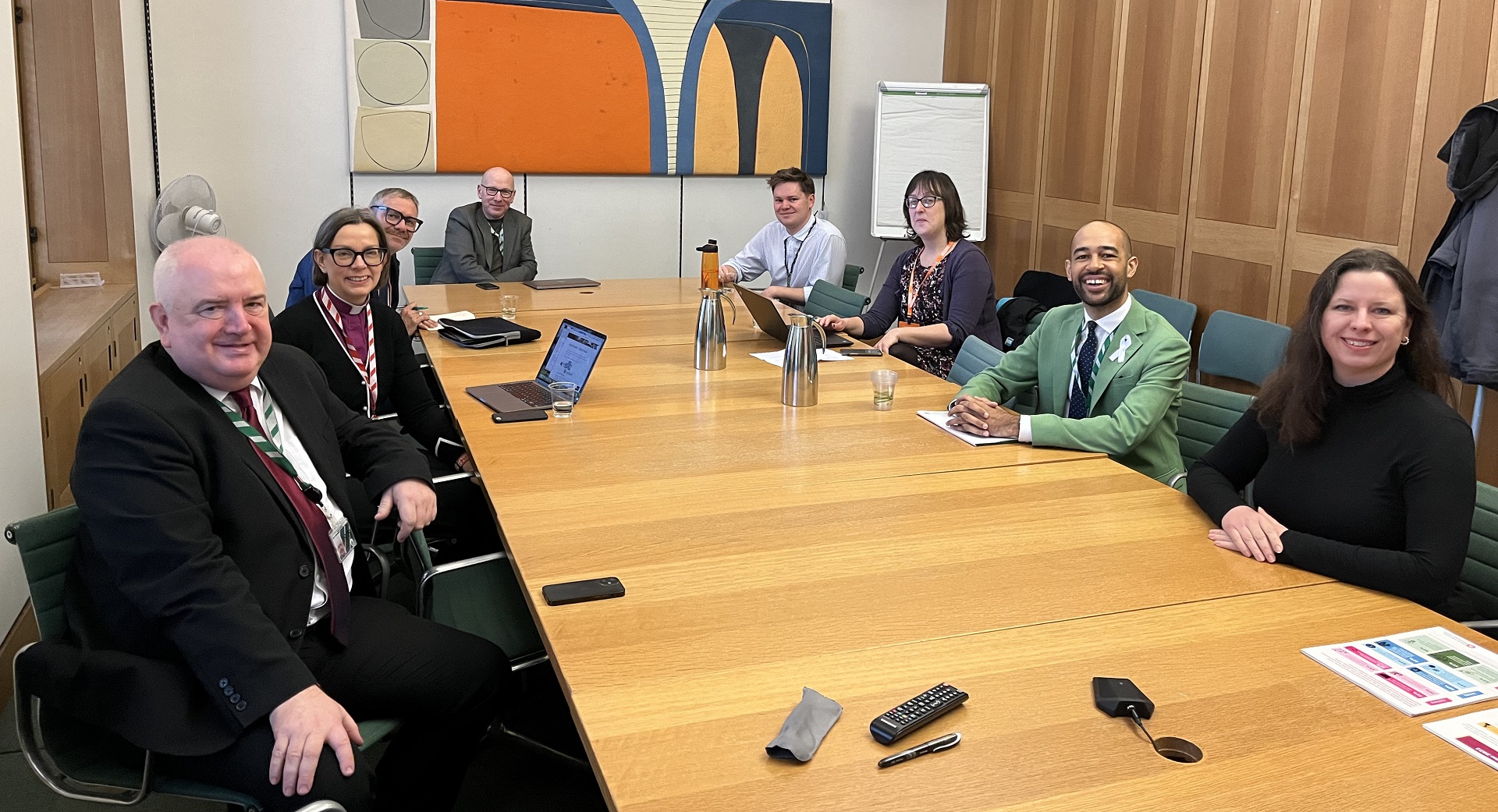News
Driving inclusive growth in public procurement

Mark Cook is a partner at Social Value 2032 programme partner Anthony Collins law firm, who has 30 years’ experience of procurement with well-being at its heart.
As UK Parliament reconvenes this week, change is afoot with our new Government. There is a clear determination to build the economy – drawing together themes of enabling good employment, addressing poverty and homelessness, tackling climate change, embracing new technology, reforming public services, empowering local communities and improving lives.
Within that, mission-led and social business has a huge role to play. Businesses that have the advancement of good in society over profit as their main driver can make the telling difference in re-imagining and delivering better public services, especially if these are procured through an intentionally values-based public procurement process.
So, how might all that fit within an approach to commissioning, procuring and managing public services? Inclusive growth in public procurement requires thought, not just action. Three things need to be joined up:
- There is a section headed ‘Procurement’ at the end of the document ‘Labour’s Plan to Make Work Pay’, which says: “Before any service is contracted out, public bodies must carry out a quick and proportionate public interest test, to understand whether that work could not be more effectively done in-house.” It would be good to align this public interest test with an embedded approach to social value or public value, such as that embraced by HM Treasury’s Green Book.
- Before contracting authorities can begin any procurement of services, they are legally required under the Social Value Act to consider “how what is proposed to be procured might improve the economic, social and environmental well-being of the relevant area – and how, in conducting the process of procurement, it might act with a view to securing that improvement”.
This is primarily a public law duty on public bodies to thinkabout well-being, in the three dimensions listed, before they procure – not ask suppliers what they can do by way of added value.
- The new Procurement Act (coming into force at the end of October 2024) sets out the objectives that a contracting authority must have regard to – including delivering value for money, maximising public benefit, sharing information about procurement policies and decisions, and being seen to act with integrity. There is also the requirement to consider the barriers that small and medium-sized enterprises may face to participation, and whether such barriers can be removed or reduced. More duties to think, but this time during the entire procurement and contracting process. Government guidance published last month says: “In order to achieve value for money, contracting authorities should have a comprehensive understanding of their requirements and link them to their policy priorities (which may include wider economic, social and environmental considerations where they are relevant, proportionate and non-discriminatory)”.
With all these requirements to think, there is the opportunity to consider not only how communities are best served but how everyone is included in the transformation of public services. That must mean including those who would otherwise be left out – and harnessing the power of social enterprises, whose purpose is to do just that.
This blog is the first of a series that will explore the opportunities presented by these areas, considering the latest guidance from government and the possibilities to reshape public expenditure. Find out more about the Social Value 2032 programme here.

Social Value 2032 programme partners



